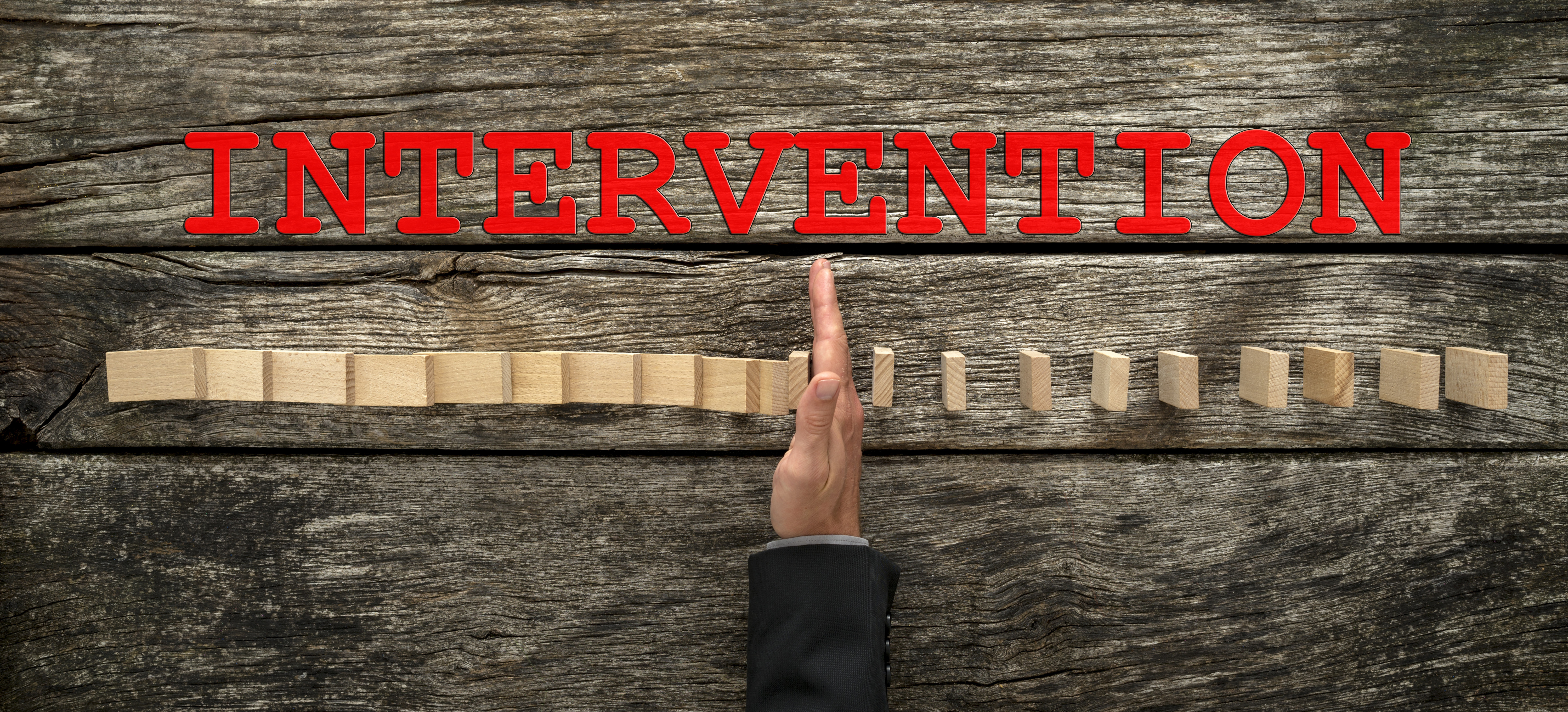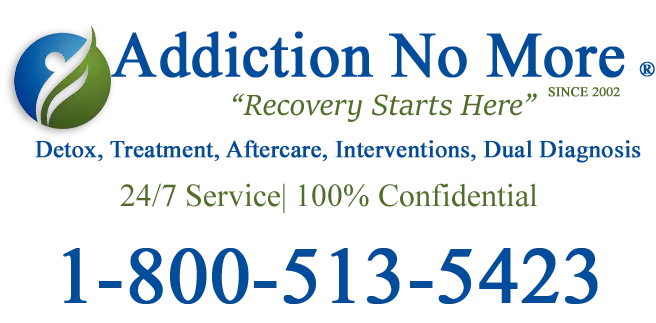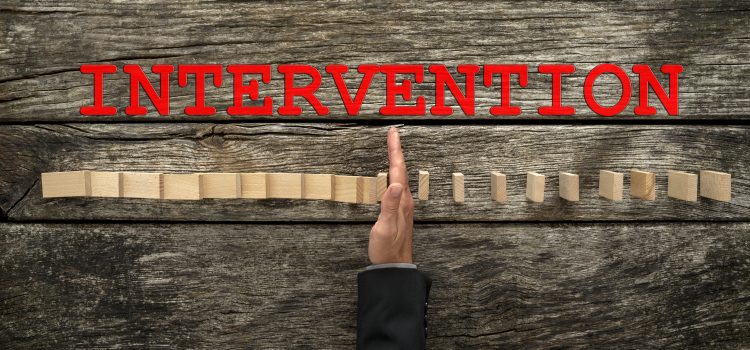Help with Holding an Intervention
Drug and alcohol interventions are conducted by professionals who help you plan, train, and carry out the intervention process. Holding an intervention that is not well planned, can do more harm than good to the individual in question. If the addict feels trapped or attacked they will retreat and become more isolated and more hesitant to receive treatment. Drug and
alcohol addiction affects more than just the drug user. Family and friends are usually affected as well. When you are dealing with a loved one that has become addicted to
drugs or alcohol, it can leave us feeling helpless and uncertain about how we could possibly help them. People that struggle with addiction can often be oblivious to the fact that their addiction is affecting more than themselves. Interventions can get the person struggling with addiction, to understand exactly what their addiction is doing to themselves, as well as those around them. They can sometimes be unwilling to admit that there is even a problem with addiction or be unwilling to get help for their addiction.
Drug interventions can help someone not willing to enter treatment find the solution that they were not looking for. An intervention can help the addict change, by getting them into a
treatment program before their life takes a turn for the worse. It can be a life-saving event to hold an intervention for a loved one. Waiting for them to seek help on their own can have devastating consequences or even death. Drug overdose was responsible for 41,340 deaths in the US in 2011. US overdose deaths have increased for 12 successive years. In 2011, and for the fourth year in a row, the number of US citizens whose deaths were drug-related exceeded the number of fatalities in road traffic accidents (33,561). Almost five people per hour died of an overdose in the US in 2011. ref from
http://www.overdoseday.com/.
If you or someone you love is caught in the grips of addiction give us a call
and we can help you find out what options are available to you.
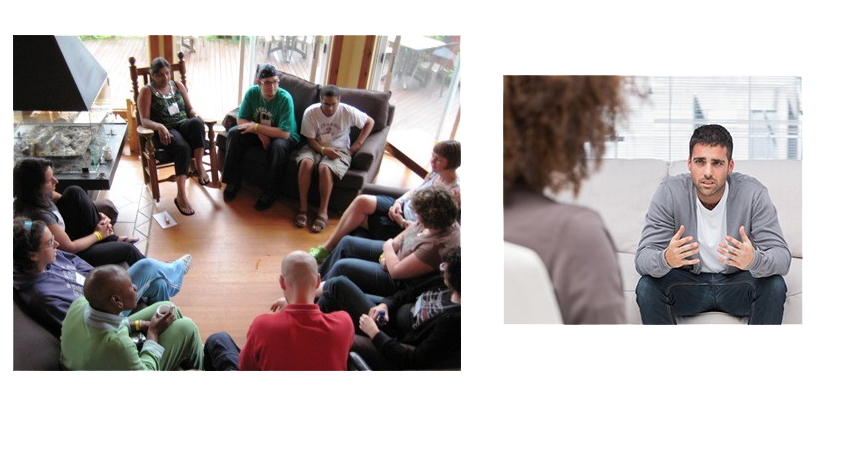
What is an intervention?
Interventions for Addiction, are planned and controlled attempts at getting someone to agree to enter treatment for their addiction. The planning and training for intervention are done without the addict’s knowledge to ensure that everyone is fully trained on what to expect during the intervention process. Family and friends get together with the help of an intervention specialist, to discuss with the addict how addiction has affected not only their lives but those around them. If treatment is refused after the sharing portion of the intervention, the family and friends spell out the consequences that will ensue after the intervention has completed. Drug or alcohol interventions work best if there is a professional present to help with the training and planning of the event.
The intervention process and steps of intervention
Planning the intervention is the first step. A family member or friend starts to gather family and close friends together for a group meeting. It is recommended that there is a professional present during all stages of the intervention process. There is always a chance that there may be an angry or violent reaction from the addict. It is highly recommended to get a third party involved in the intervention. To get help finding an interventionist please give us a call we will assist you immediately.

Be sure to have all the information as to what the person is having problems with and to what extent the addiction is perceived to be. This information should be gathered before the intervention starts. Making arrangements with a treatment center for addiction will be needed before the intervention takes place, to ensure a seamless transition from the intervention to the treatment center.
Decide who can and is willing to participate in the intervention process. In most cases 4-8 people are involved; including family, friends, teachers, co-workers, clergy, or anyone that is a positive influence in their lives. Be sure not to include anyone that is using drugs or can be antagonistic during the intervention process.
Each person that is involved in the intervention needs to decide what they will do if the addict refuses to get help with their addiction. The consequences for not entering treatment need to be something that can be followed through on, to make the individual in question feel the severity of not getting help. Examples of this may include withdrawing any financial support, asking them to move out, or stopping all communication from family or friends until they receive the help they need. Your drug interventionist will assist you with this very important step in the intervention process.
Having a written plan on what you are gonna say during the intervention; specific incidents that have caused destructive behaviors or actions. Financial and emotional breakdowns are the most common occurrences in early addictions and can grow in intensity as the addiction continues unchecked. Including how much the person means to you, will help you convey the need for them to enter into treatment. Be sure not to include antagonistic arguments, name-calling, or anything that can be perceived by them to be judgmental rhetoric in your letter.
When the day of the intervention finally arrives, The addict is invited to the intervention without their knowledge of the true reason for the meeting. The attendees take their turns going through their letters filled with concern that they have written for the addict to hear. The option to enter treatment will be presented at this point which must be accepted or rejected at this time. Everyone must detail the consequences to the addict if treatment is refused. If treatment is accepted, having the treatment program already in place makes the transition seamless, allowing the addict to enter into a treatment program the very same day. Interventions can become very emotional and having an interventionist there, will help to keep the intervention moving in the right direction as they are not emotionally involved allowing them to take the role of moderator during the whole process. If you are looking for an interventionist close to you, give us a call and we can help.
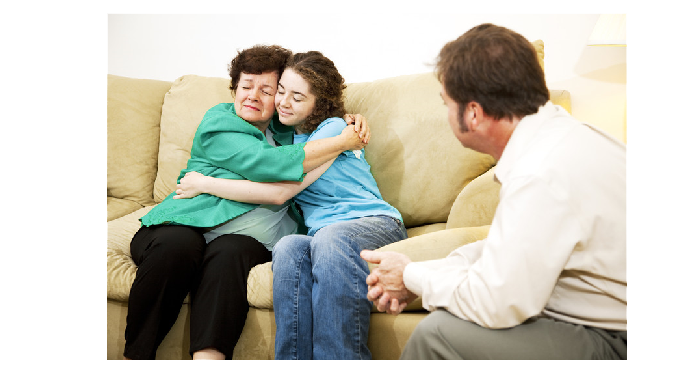
Once the intervention is finished and the person has agreed to go to treatment for their addiction, it is important to remain supportive so the addict can stay sober and avoid relapse. While in treatment, there are opportunities for loved ones to participate in group counseling and conflict resolution. Finding a treatment center that has aftercare will help the individual remain on their program after treatment has been completed. The national institute on drug abuse has done numerous studies in both inpatient and outpatient treatment and those who complete a program and continue with their aftercare for a year or more have a 90% success rate.
Interventions for drug or alcohol addiction are more effective when you have a professional interventionist present. Holding an intervention alone can go wrong in so many ways. This is why it is always recommended to get some professional help either through a phone consultation or actually having the interventionist present at the time of the intervention. If your loved one feels backed into a corner he or she may become more apprehensive about accepting treatment in the future. It is highly recommended that you bring in a professional if your loved one has a history of mental illness, violence, is in denial of their usage, or likely to become angry during the intervention. Interventionists will take all the information that you have provided them and suggest the best approach to get the individual into treatment. We are available to answer all questions 24 hours a day 7 days a week. Addiction is a serious illness and you are not alone we will help you find an interventionist or help you with information on how you can get your loved one the treatment that they need.
Summary
Service Type
Help with holding an Intervention
Area
nationwide interventionist teams help people recover from drug addiction
Description
We can help you find an intervention for a family member today. Give us a call at 1-800-513-5423 and we can help you find a good interventionist today.



